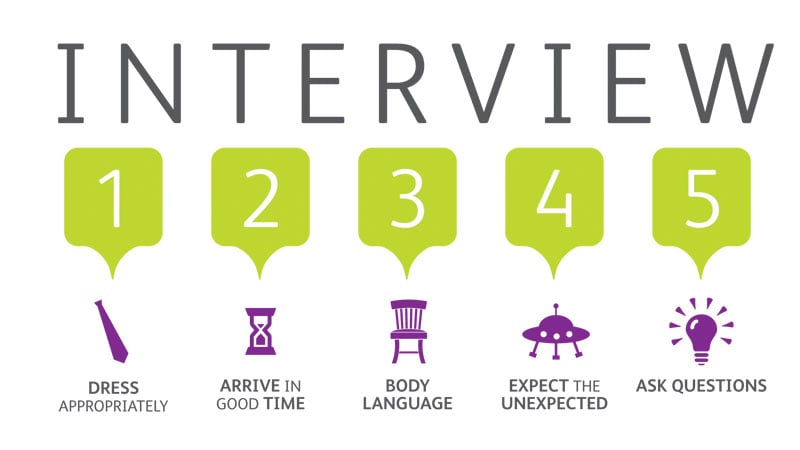Good morning everyone!
I wanted to write this while interviews were still fresh in my mind.
First of all, congratulations on getting an interview invite! Usually this means that you are academically qualified to attend that particular school, and now they want to know more about YOU.
A few things they might be looking for:
- Are you a good match for the program?
- Do you know their values, what the school prides themselves in, etc.
- Were you being genuine in your essays?
- In my interview, most of my questions came from what I wrote about in my essays. Make sure you know what you wrote and that you are being honest when you write them.
- Will you represent the school well, both in your practice and while you are a student?
I started officially preparing for my interviews as soon as I received the invitation, but I would recommend reflecting on what you might say even earlier than that. Interviews are an important time, and even if you are great at talking or feel that you know what to say, you will still want to make sure that you get to say what you want to say about yourself. A good piece of advice I received right before my interview was to prepare 5 topics that you wanted your interviewer to remember about you.
Other ways that I prepared:
- Flashcards with common interview questions, current issues in PT, mission statement of the school, and notes of my responses/reflections
- List of potential questions I could ask at the end of the interview
- Talking to myself/friends/family
- Watching TED talks (watch the one on body language! https://www.youtube.com/watch?v=Ks-_Mh1QhMc)
- Constantly meditating and considering common interview questions such as:
- Why physical therapy?
- How have your experiences prepared you to be a physical therapist?
- Why this school?
- How are you different from any of the other hundreds of qualified applicants?
- Career center mock interview- I didn't get a chance to do this because all the slots were full but I really recommend this!
Other than that, remember to get a nice SUIT (people that didn't have suits kind of stuck out on interview day..), look friendly (even if it's just tours or meeting the current students), etc. My mentality after my interview was that I had done all I could to prepare, I answered everything genuinely and to the best of my abilities. If they rejected me then I would not want to go to a school that didn't like who I was!
Good luck guys!

